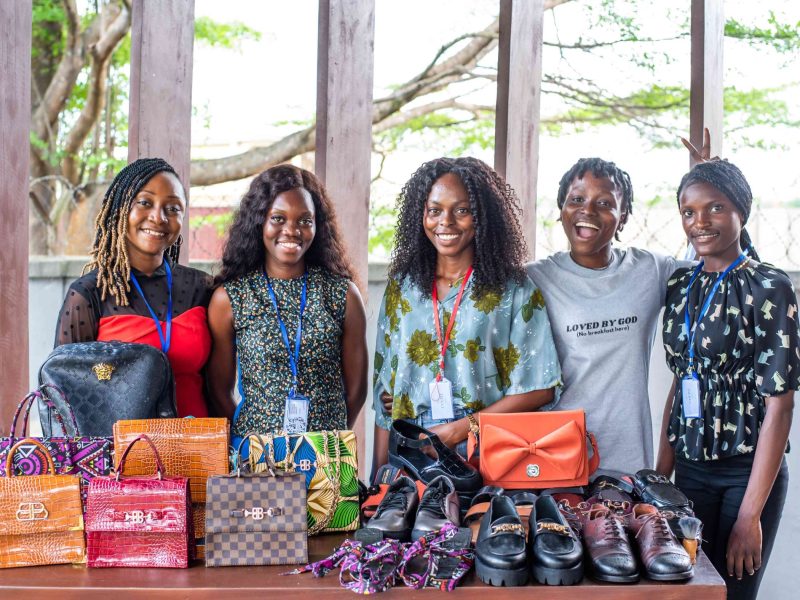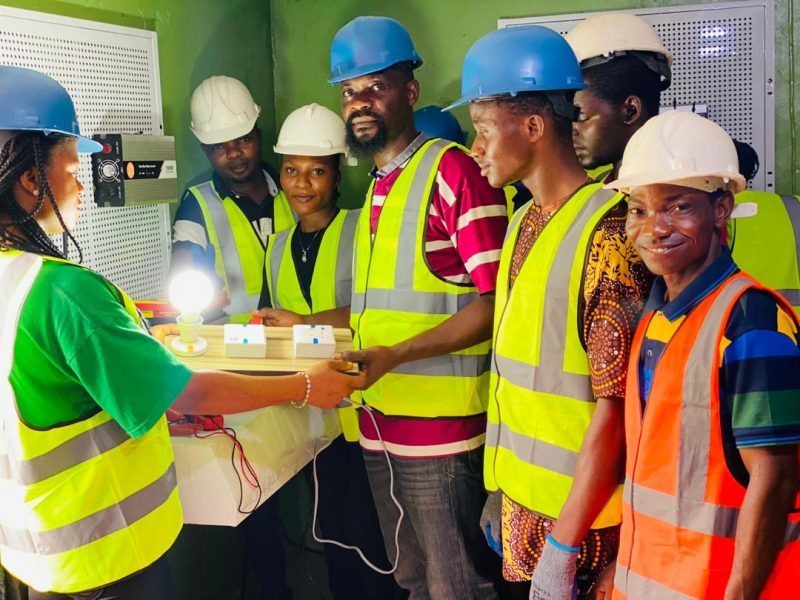In the Niger Delta, youth face rising unemployment, limited job opportunities, and deep-rooted socio-economic inequalities. This reality has left many idle, vulnerable to migration pressures, restiveness, or illicit activity, however; across the region, a powerful solution is reshaping this narrative: vocational skills development.
From tailoring shops in Warri to welding sheds in Port Harcourt, young people reclaim the dignity of labor through hands-on vocational training. With support from the Foundation for Partnership Initiatives in the Niger Delta (PIND), informal survival skills are being transformed into structured employment pathways, offering dignity, income, and hope.
Skills That Build Futures
For generations, communities in the Niger Delta have passed down practical skills in farming trade, and small-scale production. Today, these traditions are being integrated into structured programs that align with real-world market needs.
Through PIND’s Youth Employment Pathways project, over 11,000 youth, including women and Persons with Disabilities (PWDs), have been trained in trades such as tailoring, catering, solar and electrical installation, welding, plumbing, and soft skills like financial literacy and entrepreneurship. More than training, these pathways offer mentorship, access to networks, and business start-up support
In the Niger Delta, youth face rising unemployment, limited job opportunities, and deep-rooted socio-economic inequalities. This reality has left many idle, vulnerable to migration pressures, restiveness, or illicit activity, however; across the region, a powerful solution is reshaping this narrative: vocational skills development.
From tailoring shops in Warri to welding sheds in Port Harcourt, young people reclaim the dignity of labor through hands-on vocational training. With support from the Foundation for Partnership Initiatives in the Niger Delta (PIND), informal survival skills are being transformed into structured employment pathways, offering dignity, income, and hope.
Skills That Build Futures
For generations, communities in the Niger Delta have passed down practical skills in farming trade, and small-scale production. Today, these traditions are being integrated into structured programs that align with real-world market needs.
Through PIND’s Youth Employment Pathways project, over 11,000 youth, including women and Persons with Disabilities (PWDs), have been trained in trades such as tailoring, catering, solar and electrical installation, welding, plumbing, and soft skills like financial literacy and entrepreneurship. More than training, these pathways offer mentorship, access to networks, and business start-up support

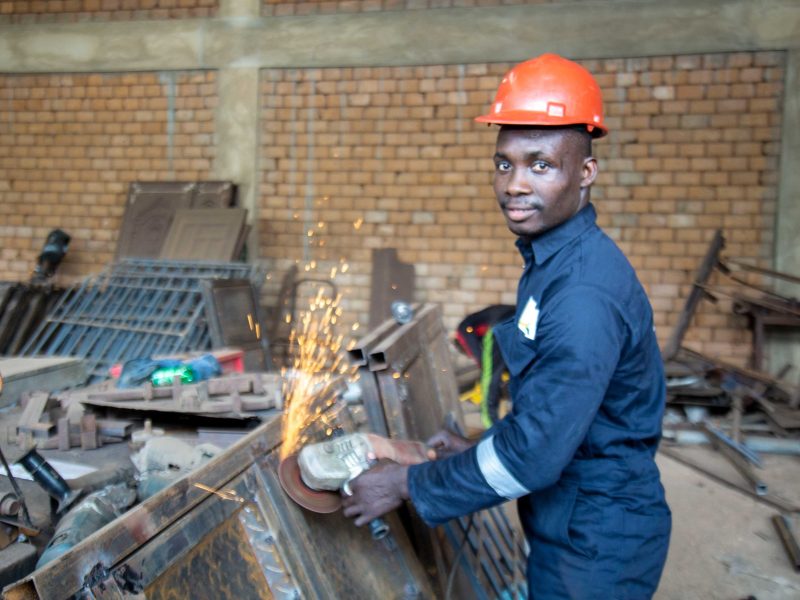
Meet the Changemakers Behind the Movement
Mrs. Nwamara Amadikwa – AMY6015 Services, Warri
Once a one-woman tailoring business, AMY6015 is now a certified training hub offering youth mentorship, financial literacy, and digital marketing. Since 2021, the center has trained over 150 youths and aims to reach 1,500 more in the next five years.
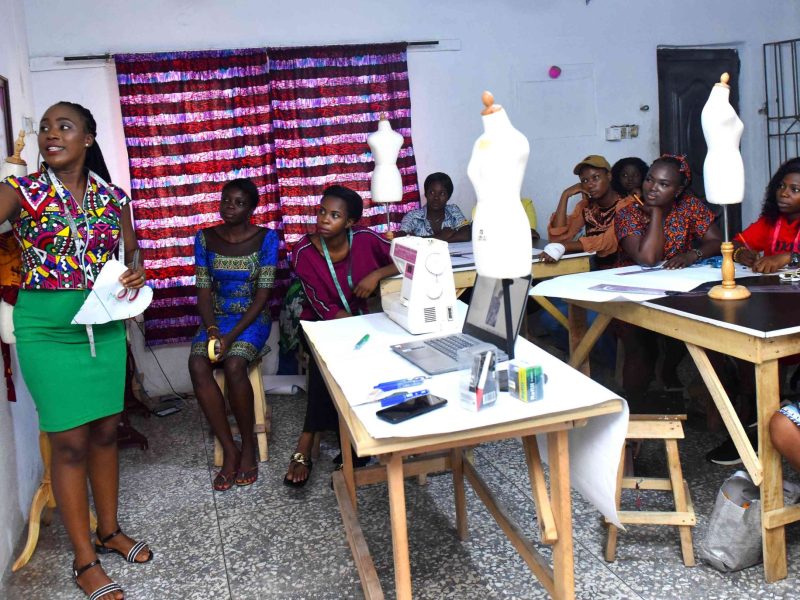
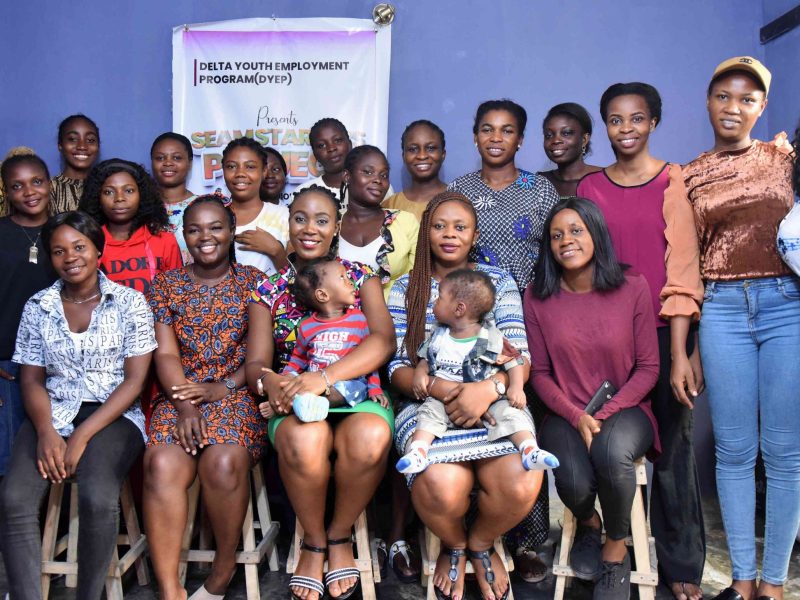
Dr. Momoh Yusuf – Aqua Green Integrated Farms (AGI)
AGI has grown from a 5-staff operation to a regional agricultural academy offering aquaculture, poultry, and agro-processing training. With support from PIND, USAID, and others, AGI now strengthens food systems and skills across the Niger Delta.
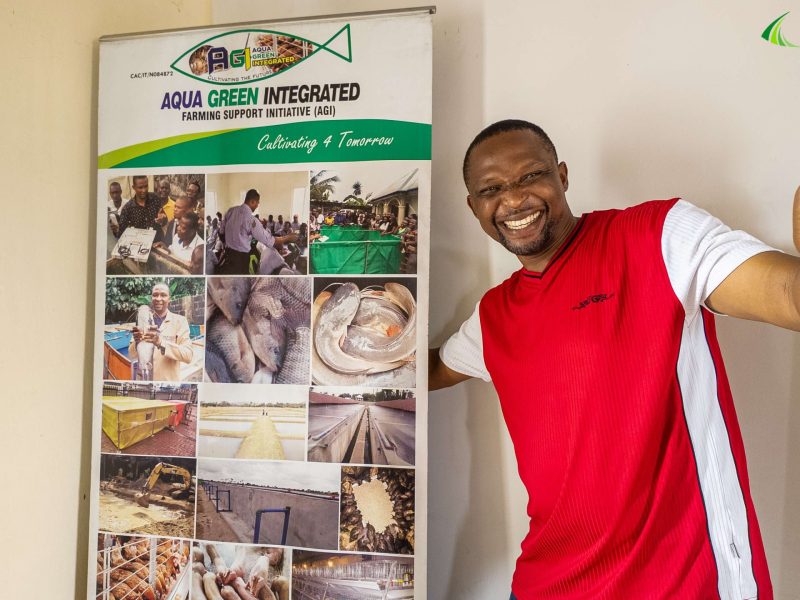
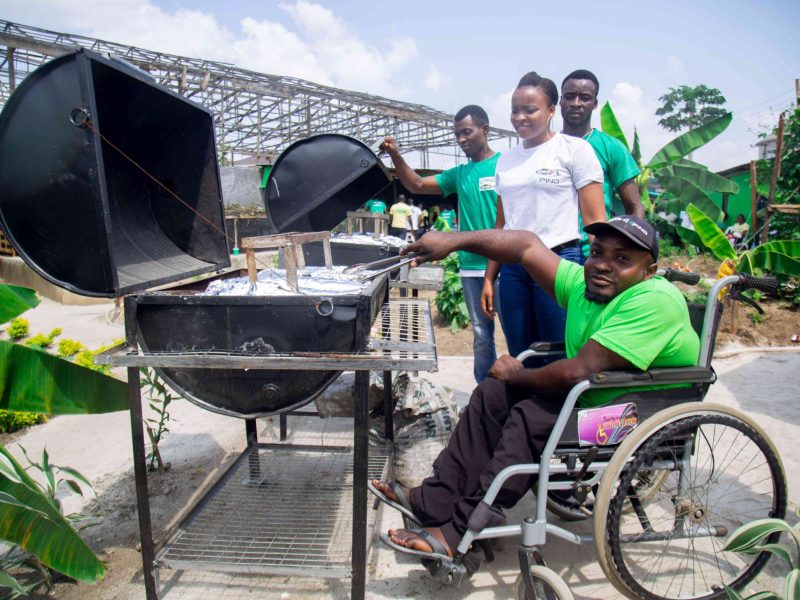
Hanson Johnson, CEO of Start Innovation Hub
StartHub is empowering youth with tech skills, including UI/UX design, web development, and digital marketing. In partnership with PIND and the Akwa Ibom State Government, it recently launched a digital training program for PWDs, ensuring no one is left behind.
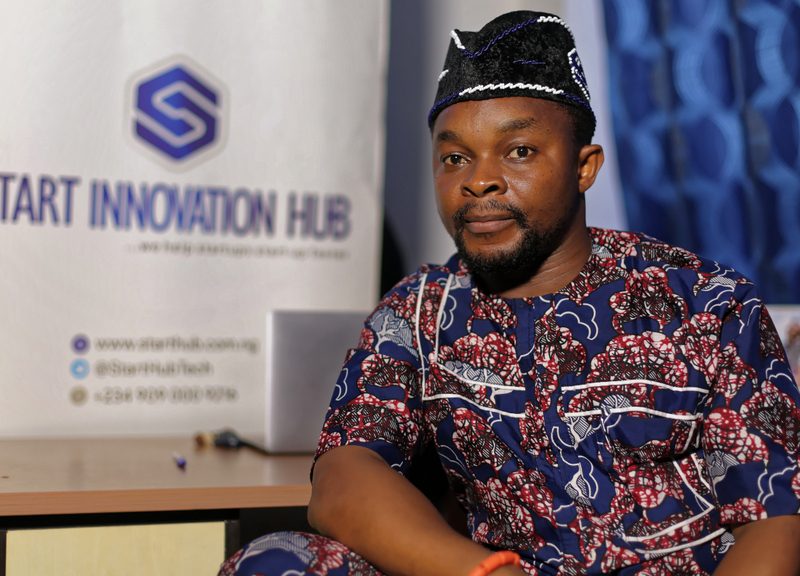
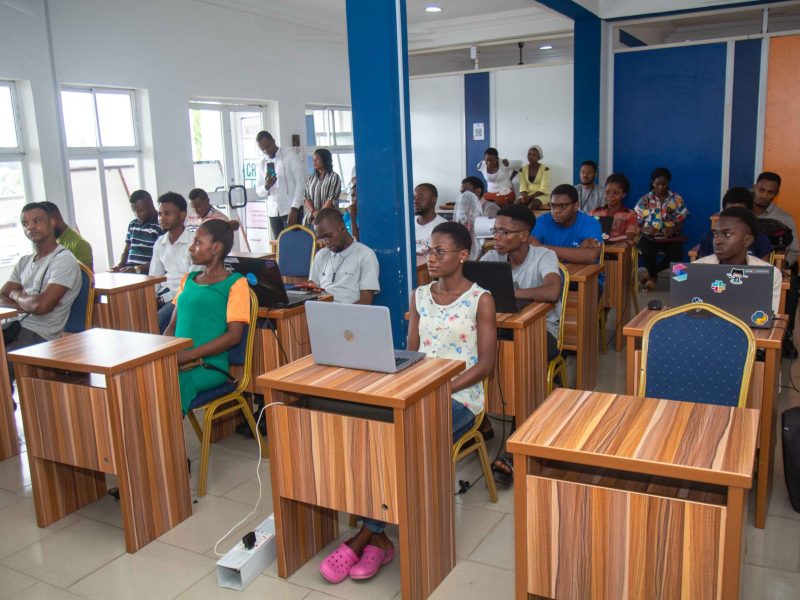
Chief Fabian Emmanuel, CEO of Azure Gold Limited
Azure Gold provides community-based vocational training in aluminum fabrication, plumbing, tiling, cabinetry, and modern building skills. With PIND’s support, the company has trained over 600 rural youth and aims to launch a multi-skills TVET center.
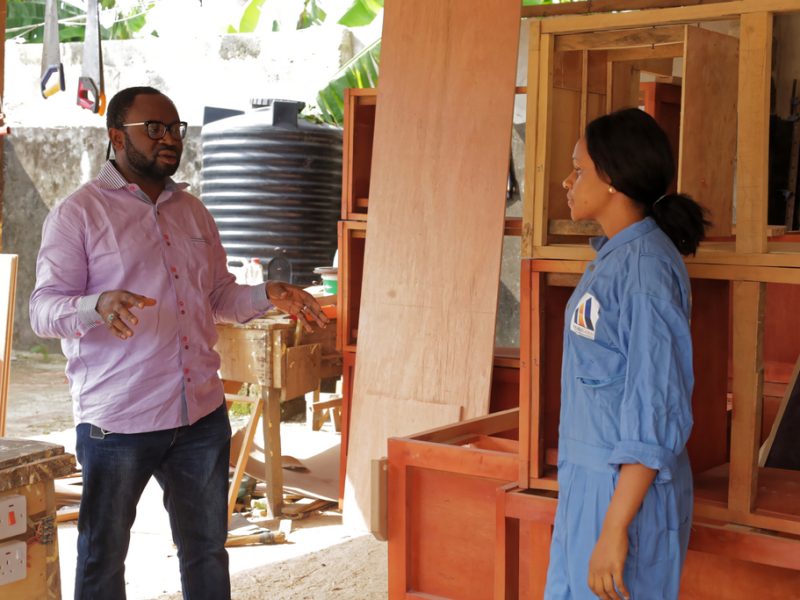
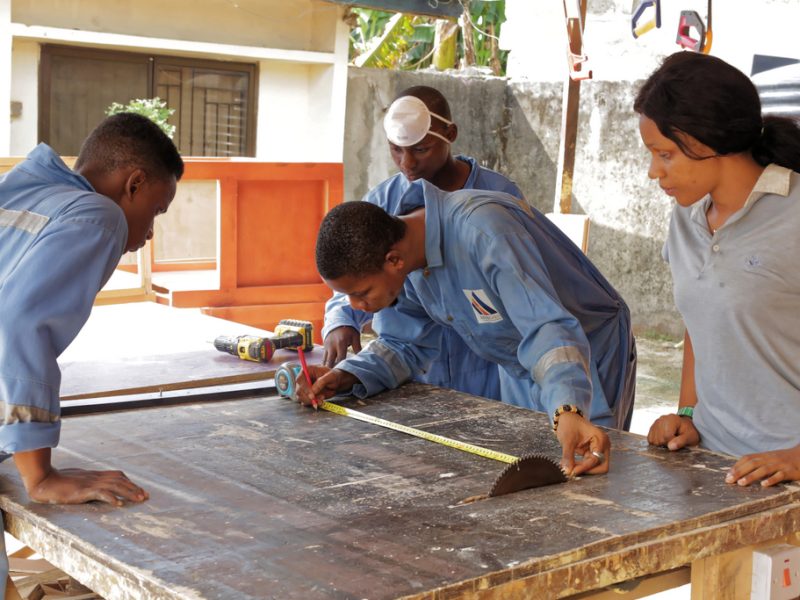
Mercy Funmi Oyebade, CEO of FotoAfrik
FotoAfrik has grown from a small photography outfit into a creative academy offering sound engineering, video editing, and internships. With improved structure and compliance, the academy now trains 80 students per session and partners with local media houses.
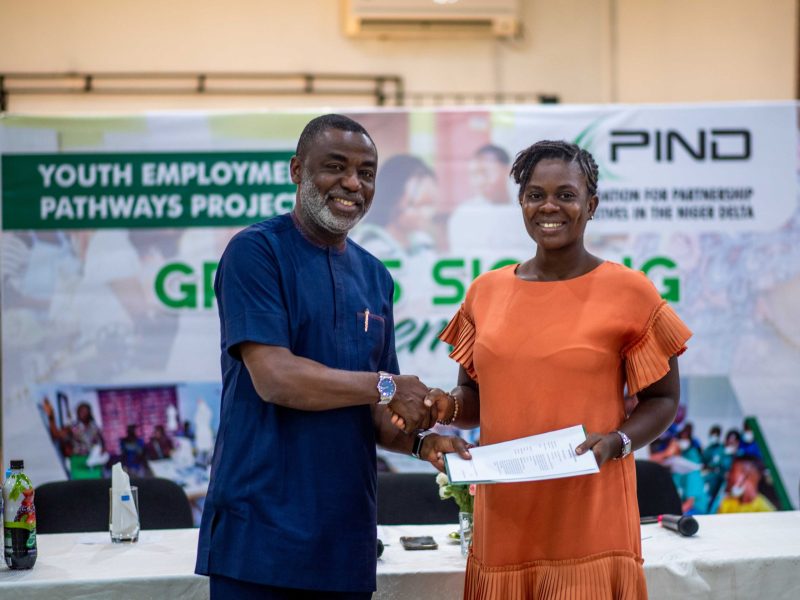
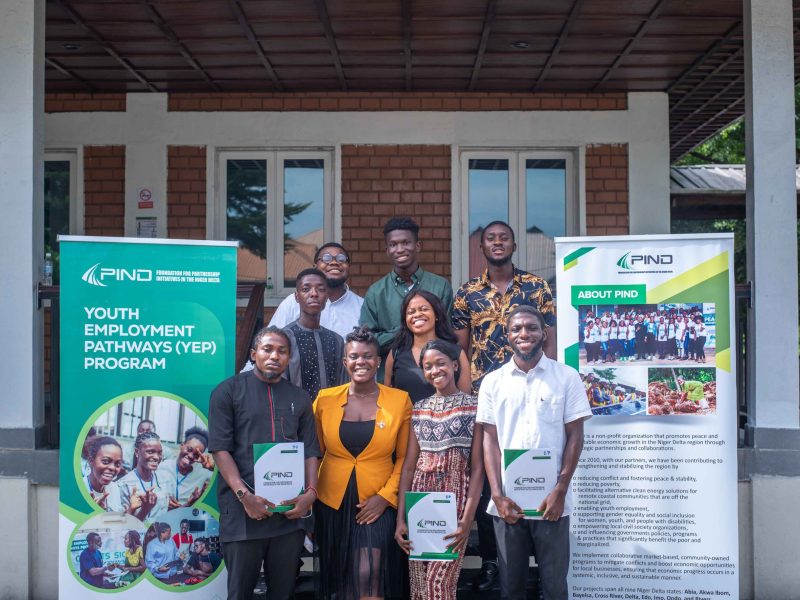
From Training to Transformation
What sets these programs apart is their holistic approach: combining technical skills with entrepreneurship, digital tools, and cooperative models. Many graduates are now business owners, mentors, and job creators—proving that when local talent is empowered, communities thrive.
Scaling the Impact
Vocational training is more than a stopgap—it’s a strategic, scalable solution for the Niger Delta’s youth employment crisis. With a supportive ecosystem that links training to real market demand, practical skills are becoming the backbone of inclusive growth and resilience.
With organizations like PIND leading the charge, the Niger Delta is proving that skills—not just degrees—can unlock dignity, livelihoods, and opportunity.
Learn more about PIND’s Youth Employment Pathways here:
https://pindfoundation.org/project/youth-employment-pathways
